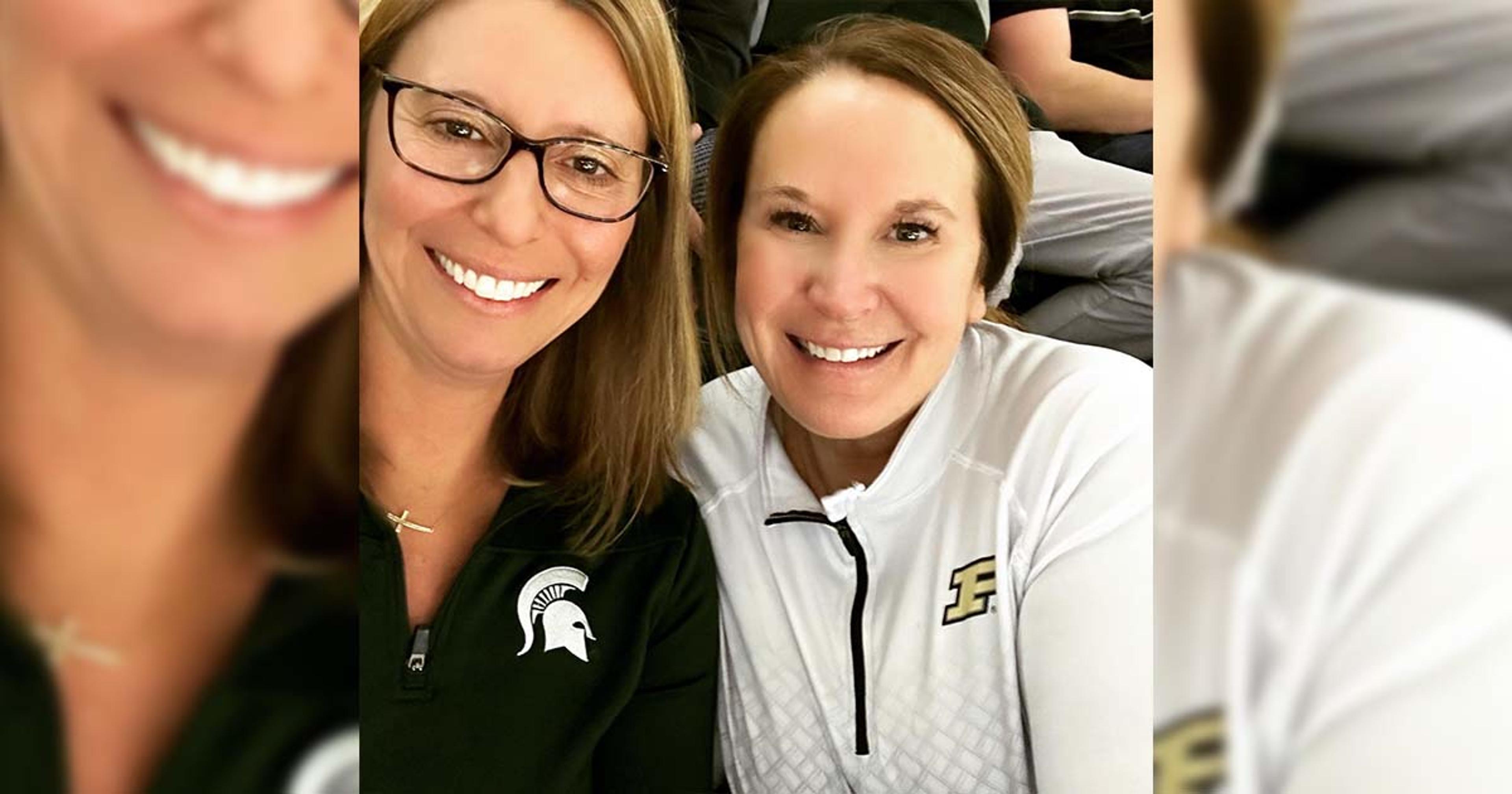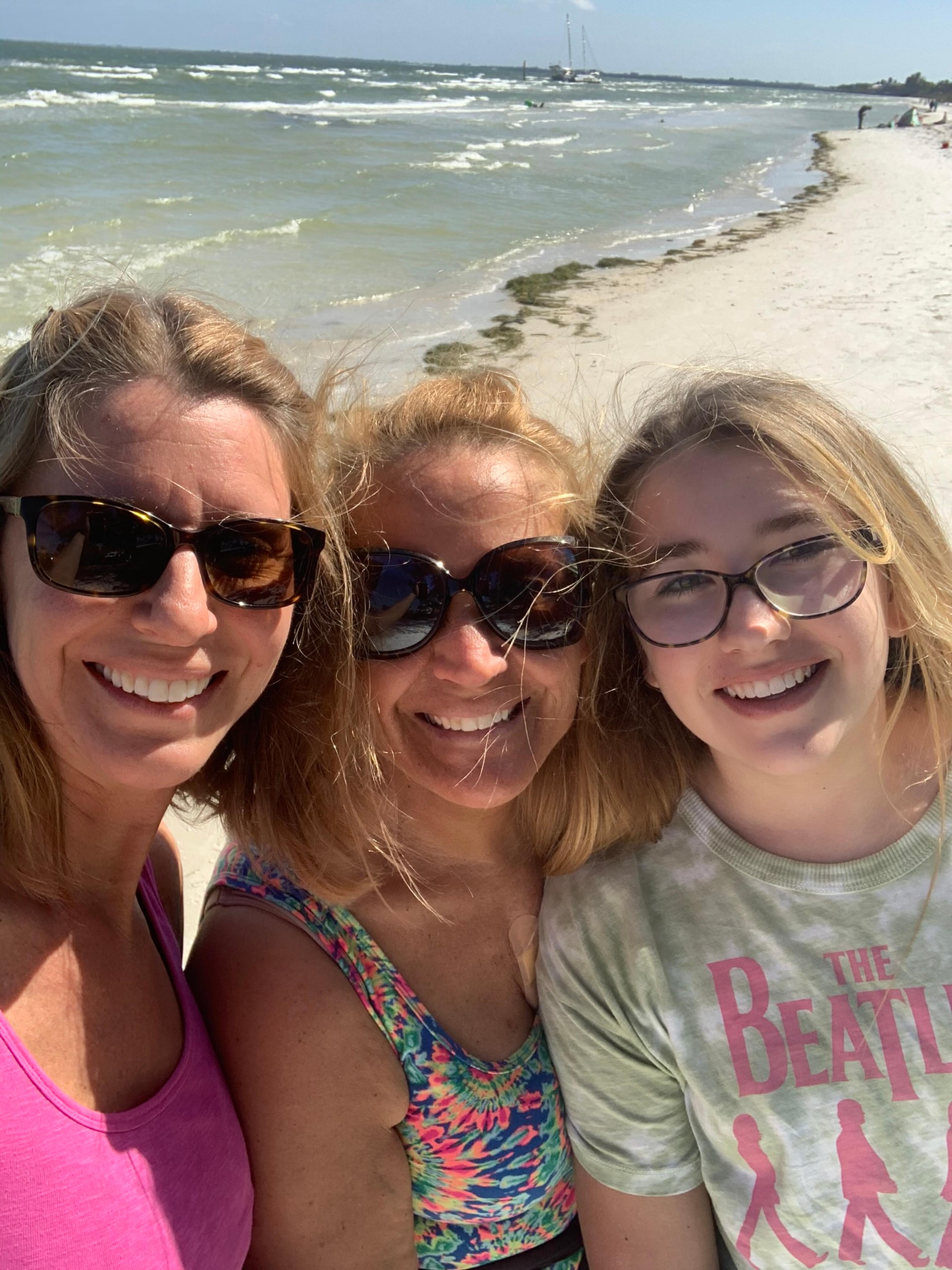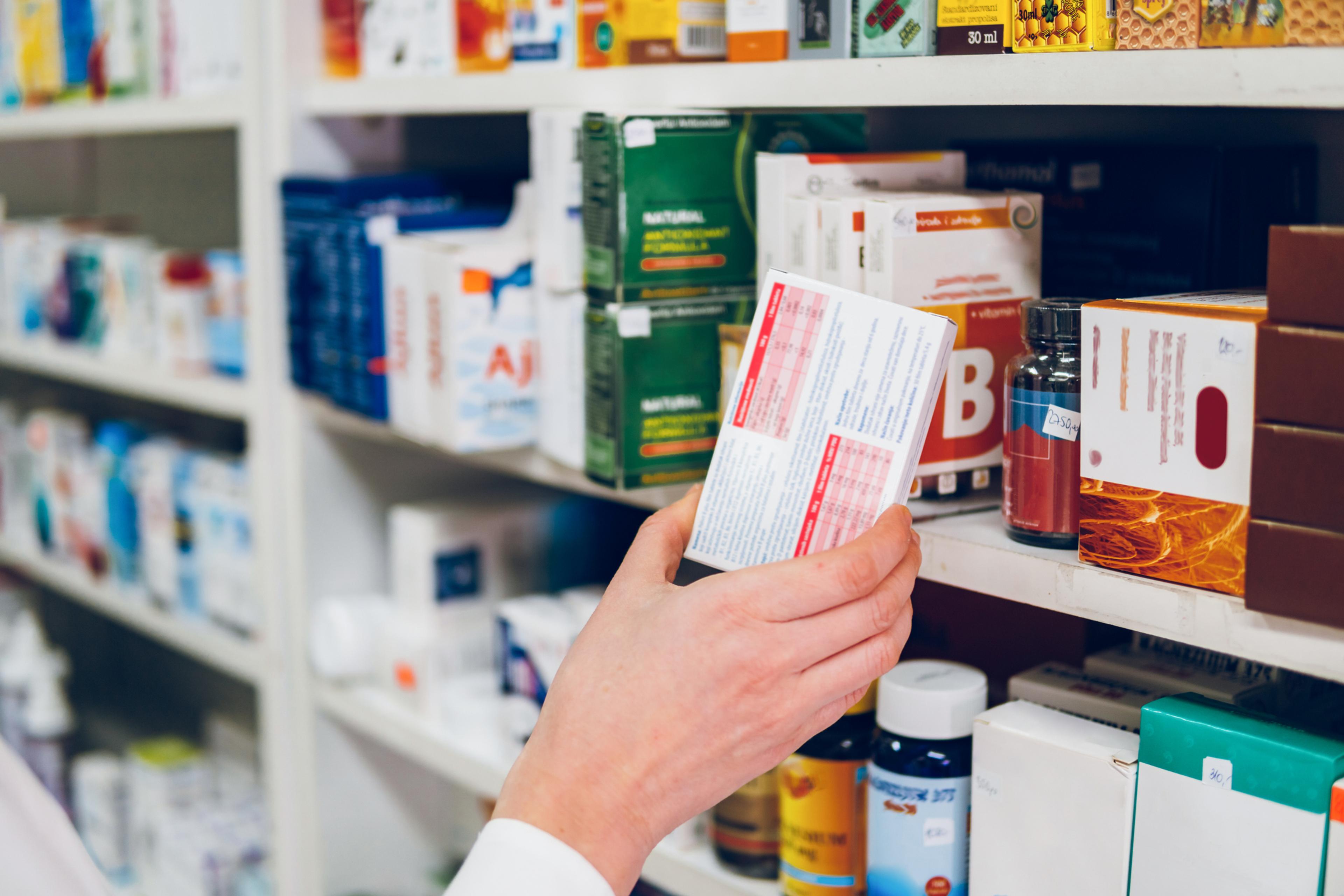‘It Was Not My Time to Go:’ Good Samaritans Resuscitate Grand Rapids Woman Suffering from Cardiac Arrest in Airport
Jake Newby
| 3 min read

A Galentine’s day getaway in St. Petersburg, Florida, almost turned tragic for one Grand Rapids woman in February 2020.
Amy Gerard, 51, recalls waiting for her flight, chatting with her niece in an airport terminal before suddenly blacking out and collapsing. She was suffering from sudden cardiac arrest, despite no prior health conditions, let alone heart problems.
“I’m sitting there, talking to my niece, and I just kind of snorted and went down,” Gerard said, during an interview with Blue Cross Blue Shield of Michigan.
Had this life-threatening incident occurred one hour earlier – when Gerard, her sister and her niece were relaxing on the beach – Gerard might not be here today. Had it occurred one hour later – when the three women would have been in the air – Gerard might not be here today.
“We were on a beach in the middle of nowhere,” she said. “There was no way EMT’s could get there in time.”
Gerard’s sister, Kelly Joseph, thought Amy was suffering from a seizure and became visibly upset. The commotion caught the attention of the entire terminal and within moments, a pair of Good Samaritans rushed over to apply cardiopulmonary resuscitation (CPR) to Gerard.
“One of them was a retired firefighter,” Gerard said.
Gerard said the bystanders then used an Automated External Defibrillator (AED) to fully resuscitate her. First responders arrived and rushed her to the hospital soon after.
If she had to go into cardiac arrest, Gerard recognized that a crowded airport was a great place to be.
“That’s the only reason I’m alive now, is because of the CPR and an AED on the wall,” Gerard said. “All the right people were in the right place. It was not my time to go, apparently.”
Joseph said that over the next three days, healthcare providers at Northside Hospital in St. Petersburg applied therapeutic hyperthermia to Gerard. This is a treatment method that relies on cooling devices to artificially lower the body temperature for a short time. It’s lowered to around 90°F to preserve neurological activity for 24 hours. This is done to reduce injury and long-term complications.
Joseph said that by Feb. 19, three days after the incident, Gerard had opened her eyes and began talking to her relatives again.
To this day, it’s unclear why the Grand Rapids native went into sudden cardiac arrest that night in Florida.

“It just was a freak thing that could have gone either way,” Gerard said. “I feel blessed that I’m here.”
Gerard underwent surgery to have an internal defibrillator installed that monitors her heart movements. She follows up with her heart doctor regularly and said she now takes baby aspirin every day. She’s also made a concerted effort to live a healthier lifestyle in terms of diet and exercise but was never given any restrictions by doctors.
“Cardiac arrest can happen to anyone on any day. You just can’t expect it,” Gerard reiterated. “It can happen to healthy people, too.”
Now three full years removed from her near-death experience, Gerard credits the quick work of those Good Samaritans for saving her life. She believes everyone should know CPR, and practiced what she preaches by learning the procedure herself a couple of years back.
“You can save a person by CPR so that they can stay here with their loved ones,” she said. “It’s a big deal. Anyone who is regularly around people should know CPR, is my opinion.”
On Thursday, Feb. 16, Gerard will attend the Grand Rapids Go Red for Women luncheon, to share her harrowing story three years to the day after her collapse.
Photo credit: Amy Gerard





